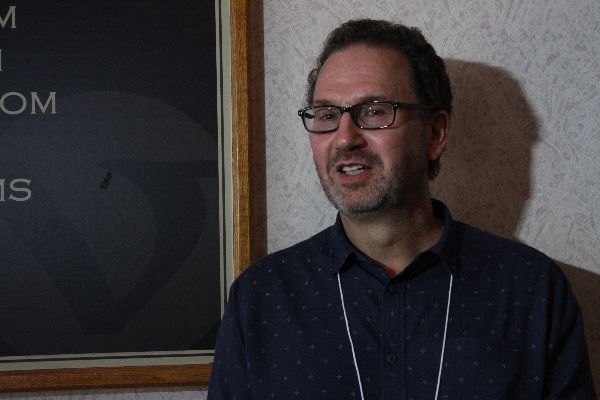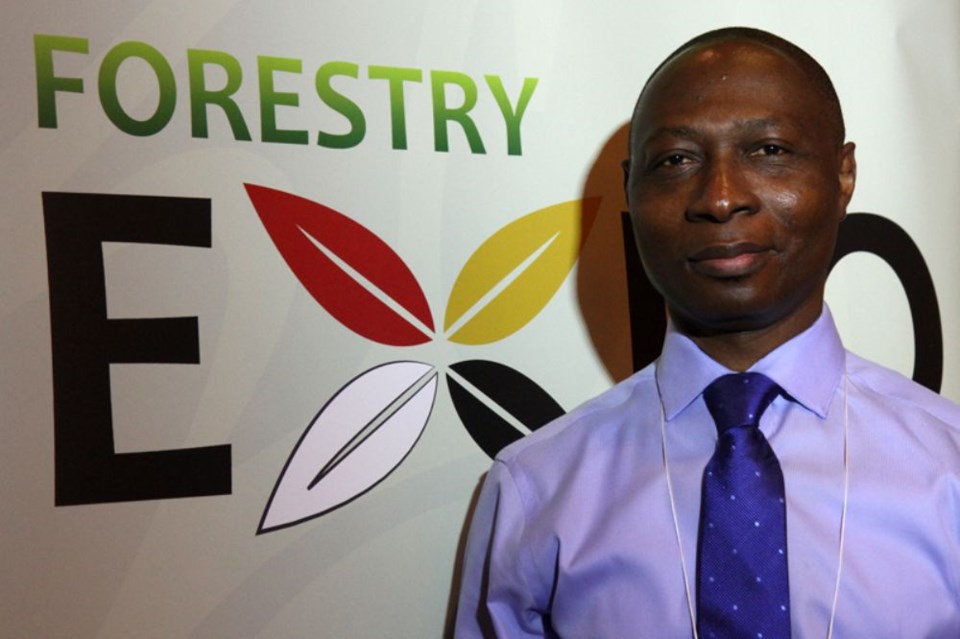A new forestry project promises to get some remote First Nations community off of the expensive and dirty diesel-generated power they’ve been forced to rely on.
General Canadian Forest Service director David Nanang said the overall goal of the project, which is associated with Natural Resources Canada’s Aboriginal Forestry Initiative, is to support forestry in Indigenous communities and focus on bio-energy and value added production.
The project's focal point is on Northern communities dependent on diesel fuel for everyday living.
"With climate change and the consensus for our environment it's increasingly difficult to justify the use of diesel fuel," Nanang said during the 2016 Forestry Expo, which takes place Wednesday and Thursday at the Valhalla Inn.
"It may be even cheaper to use wood, which is within the vicinity and it creates jobs and employment for the community as well."
Using biomass to generate power would help remote communities produce clean energy.
These communities are surrounded by forest thus making transportation costs much cheaper compared to diesel and maintenance is less technology challenging.
In addition to producing biomass for energy some communities hope to produce pilots for export revenue.
"That's a combination of things that we are looking toward,” Nanang said. “So biomass for power, biomass for heating and producing pellets as well."
Whitesand First Nation is one of the communities planning to build a biomass-fuelled electric power and heat co-generation plant.

Whitesand Community Development officer David Mackett said the Community Sustainability Initiative will use underutilized waste from forests to create energy and electricity.
With a focus on economic development, the project also aims to build a wood pellet plant, which will be used for domestic or international markets.
The co-generation plant will produce enough power to supply electricity to Whitesand First Nation and the communities of Collins and Armstrong.
"We are going to be able to increase energy production so we can supply power to the wood pellet mill and create more jobs for the community," Mackett said.
"I think that's where we got the title Community Sustainability Initiative, sustainable management of the forest, no waste, creating jobs and creating jobs through green energy so it's something that's very unique in Ontario."
